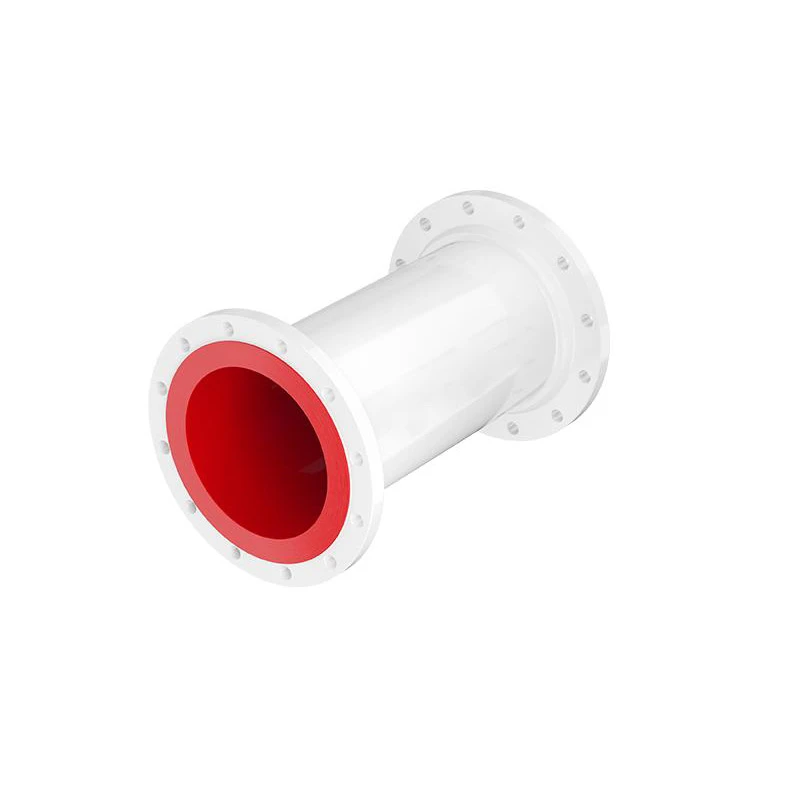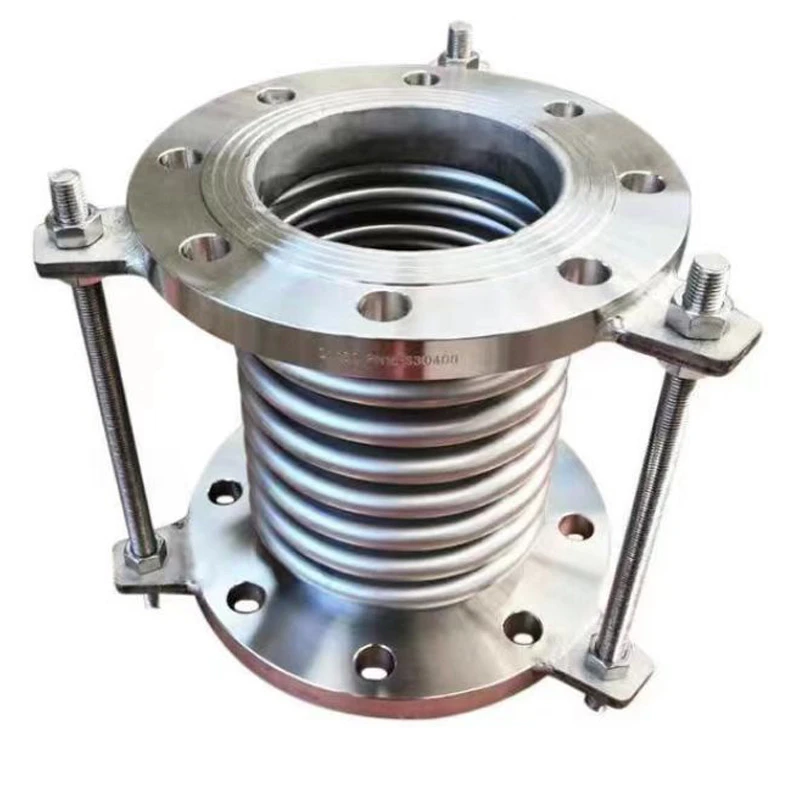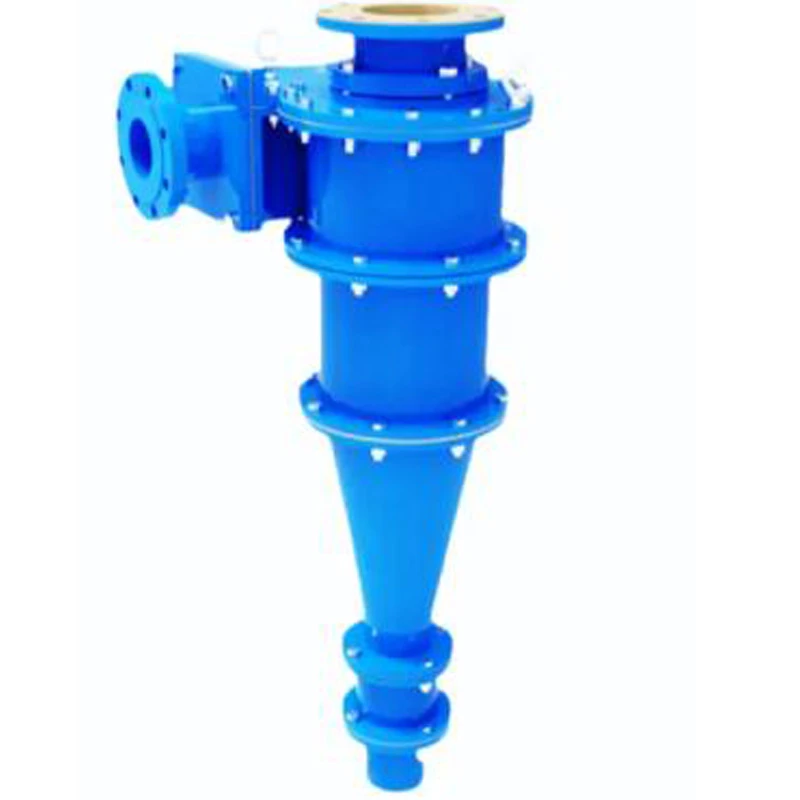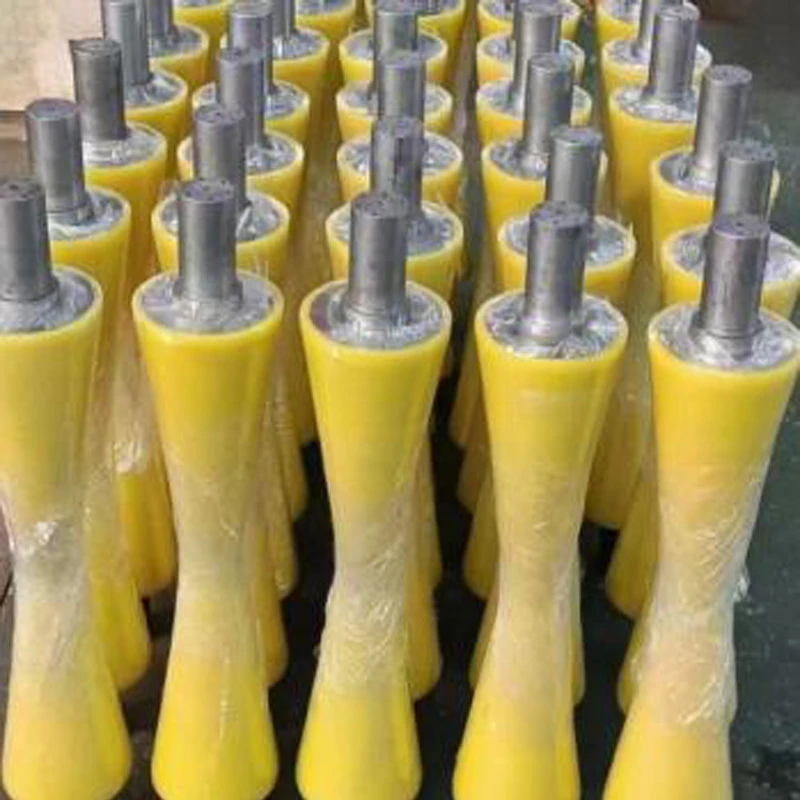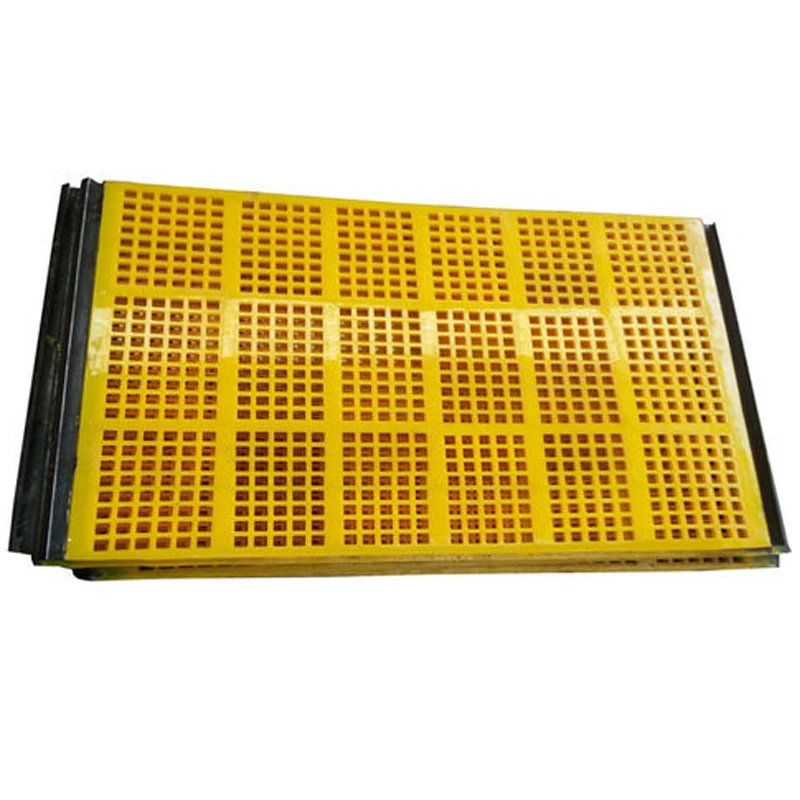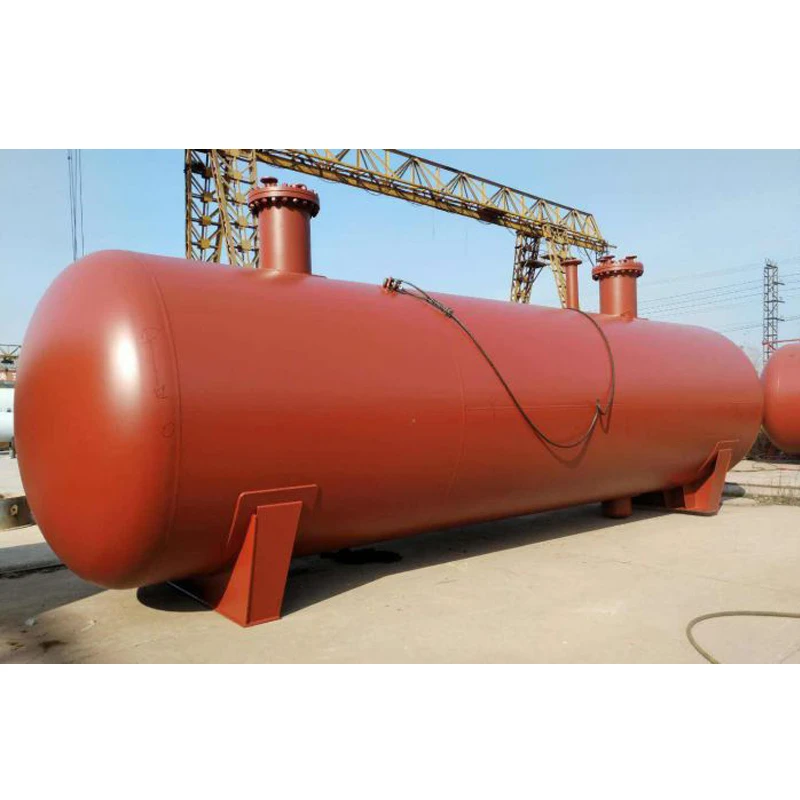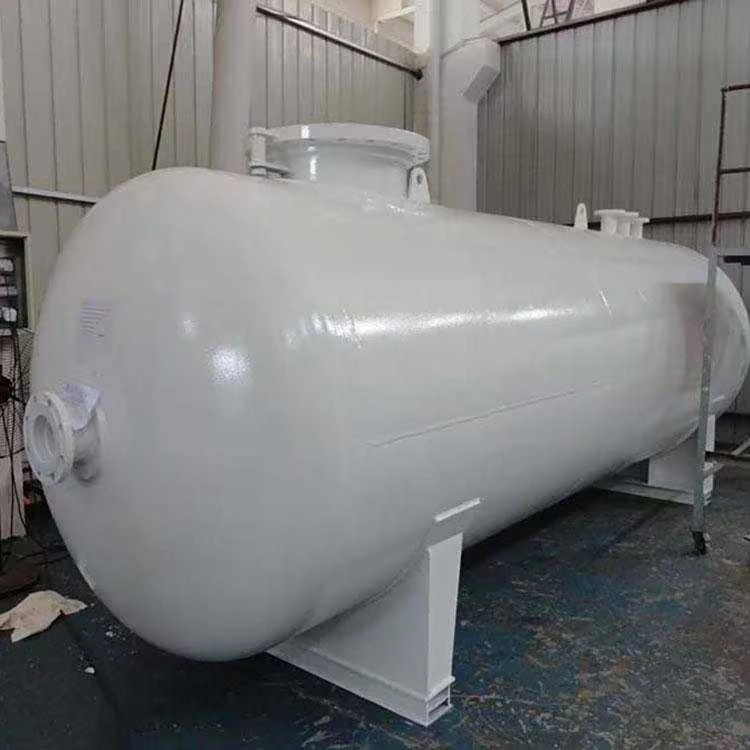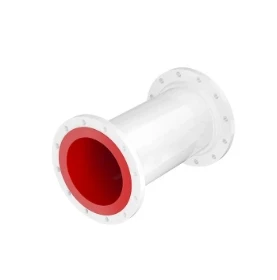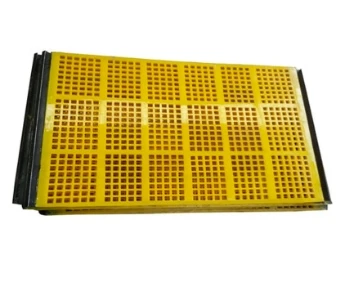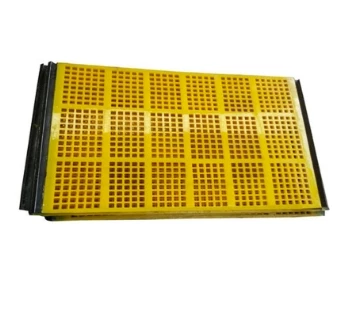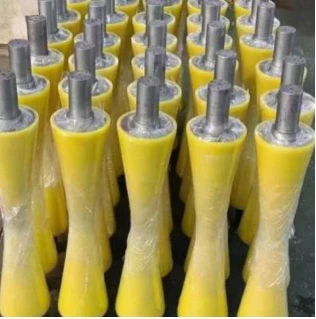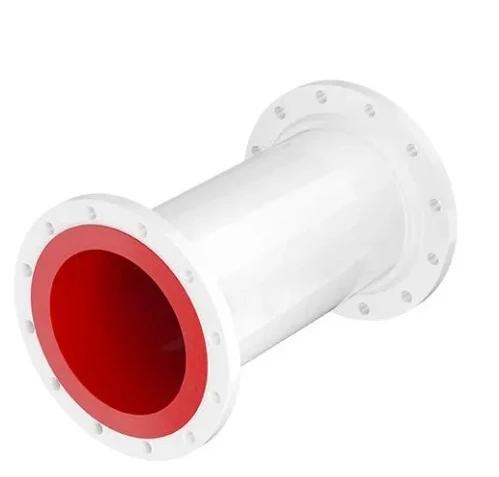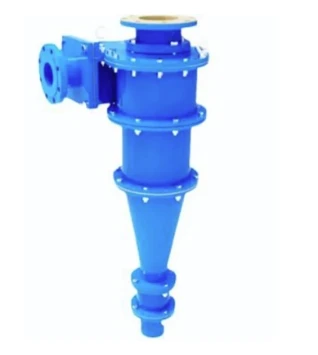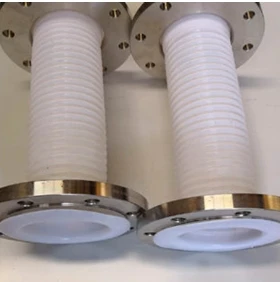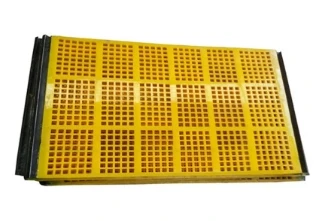Unlocking Earth's Treasures: Modern Methods in Mineral and Metal Extraction
Throughout history, the pursuit of valuable minerals and metals has shaped civilizations and fueled technological progress. Today, advanced techniques such as the extraction of copper, iron ore processing, and beneficiation of iron ore are fundamental to sustaining the infrastructure and industries of the modern world. Specialized methods like froth flotation of copper and copper leaching further exemplify how innovation continues to drive efficiency in mineral recovery. Exploring these processes offers a deeper understanding of the sophisticated systems behind the materials we use daily.
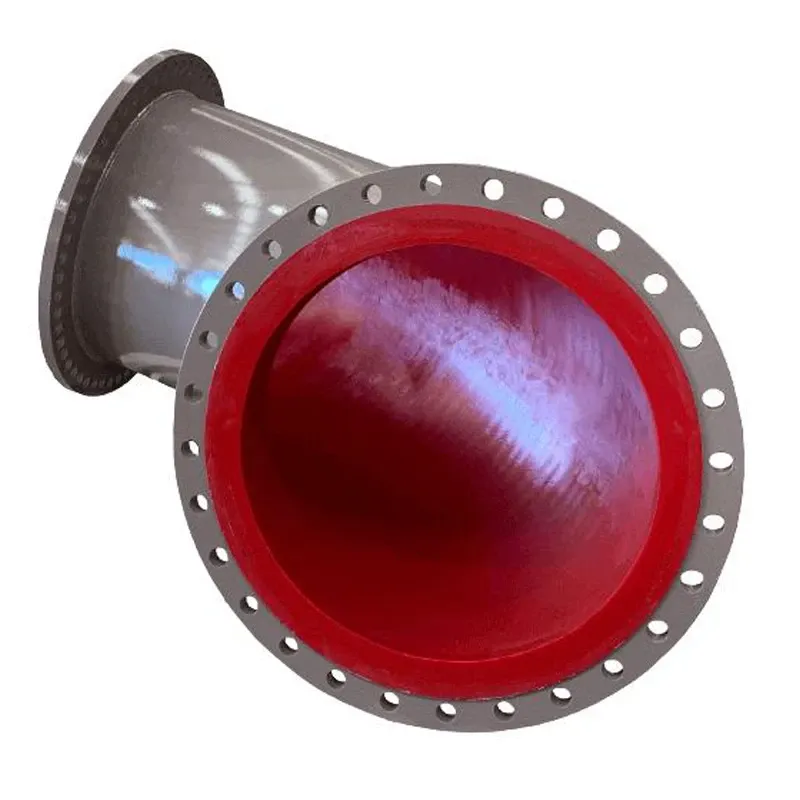
Advanced Techniques in the Extraction of Copper
The extraction of copper is a complex yet essential industrial process that transforms raw ore into usable metal. The journey begins with mining either copper sulfide ores or copper oxide ores. For sulfide ores, the extraction of copper involves crushing, grinding, and concentrating the ore through froth flotation, followed by smelting and refining. For oxide ores, hydrometallurgical methods such as heap leaching and solvent extraction are employed. The importance of the extraction of copper lies in its applications across electrical wiring, electronics, and renewable energy technologies, making it one of the cornerstones of modern society.
Optimizing Production Through Iron Ore Processing
Efficient iron ore processing is vital to meeting the global demand for steel, an indispensable material in construction, transportation, and manufacturing. Iron ore processing typically involves crushing and grinding the raw ore, followed by concentration techniques to increase the iron content. Magnetic separation and gravity separation are commonly used to purify the ore before it undergoes smelting in a blast furnace. Innovations in iron ore processing aim to reduce energy consumption and environmental impact, ensuring that the industry continues to thrive sustainably while meeting the steel needs of growing populations.
The Essential Role of Beneficiation of Iron Ore in Resource Utilization
The beneficiation of iron ore plays a critical role in upgrading low-grade ores into high-quality raw materials suitable for industrial use. Through processes such as crushing, screening, magnetic separation, and flotation, the beneficiation of iron ore removes impurities and enhances iron concentration. This not only improves the efficiency of smelting but also conserves resources by allowing lower-grade ores to be economically exploited. Continuous advancements in the beneficiation of iron ore technologies help industries reduce waste, optimize production, and support the transition to more sustainable resource management practices.
The Science Behind Froth Flotation of Copper
Among the various methods of ore concentration, the froth flotation of copper stands out for its effectiveness in separating valuable minerals from the surrounding material. In the froth flotation of copper, crushed ore is mixed with water and chemicals to create a slurry, where air bubbles are introduced. The copper minerals attach to the bubbles and float to the surface, allowing them to be skimmed off while waste materials sink. The froth flotation of copper is essential for efficiently processing sulfide ores, achieving high recovery rates, and producing concentrates with significant copper content. Mastery of the froth flotation of copper technique directly impacts the profitability and environmental footprint of mining operations.
Innovations and Applications in Copper Leaching
Modern mining operations increasingly rely on copper leaching to efficiently extract metal from low-grade ores. Copper leaching involves dissolving copper minerals from ore using an acidic solution, typically sulfuric acid. The leach solution, rich in dissolved copper, is then processed through solvent extraction and electrowinning to produce high-purity copper cathodes. Copper leaching offers several advantages, including lower capital investment, reduced energy consumption, and minimized environmental disruption compared to traditional smelting methods. Its growing use underscores the importance of sustainable practices in the ongoing evolution of the mining sector.
Extraction of copper FAQs
What are the primary methods used in the extraction of copper?
The extraction of copper primarily utilizes two main methods: pyrometallurgical and hydrometallurgical processes. Pyrometallurgy involves roasting, smelting, and converting sulfide ores, whereas hydrometallurgy, often used for oxide ores, includes heap leaching, solvent extraction, and electrowinning. The method chosen for the extraction of copper largely depends on the type of ore and its copper content.
Why is efficient iron ore processing critical for the steel industry?
Efficient iron ore processing is critical because it directly affects the quality and cost of steel production. High-quality processed ore leads to better steel properties and reduces the amount of energy required during smelting. Optimizing iron ore processing not only improves operational efficiency but also helps reduce the environmental impact of mining and manufacturing activities.
How does the beneficiation of iron ore contribute to sustainable mining?
The beneficiation of iron ore contributes to sustainable mining by maximizing the utilization of available ore deposits. By removing impurities and increasing iron content, beneficiation allows the economic use of lower-grade resources, minimizes waste generation, and reduces the need for additional mining activities. This process plays a key role in promoting resource conservation and environmental stewardship.
What makes froth flotation of copper a preferred method in mineral processing?
The froth flotation of copper is preferred because it provides a highly efficient means of concentrating copper minerals while minimizing waste. This method achieves high recovery rates even with low-grade ores and enables the production of high-purity concentrates. Advances in reagents and equipment continue to enhance the effectiveness and environmental performance of the froth flotation of copper.
How does copper leaching compare to traditional smelting methods?
Copper leaching offers several advantages over traditional smelting methods, including lower operational costs, reduced energy requirements, and decreased emissions. It is especially suitable for processing low-grade ores that would otherwise be uneconomical. Additionally, copper leaching operations typically have a smaller environmental footprint, making them a preferred option for modern, sustainable copper production.
Related Products
Our main products are polyurethane lined pipes, mining equipment fittings and metal hoses.




